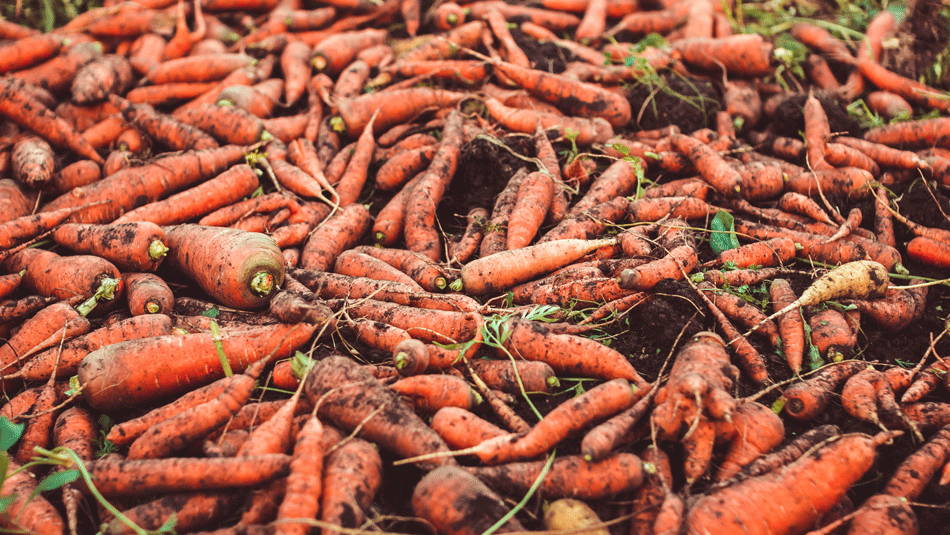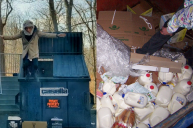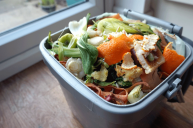The University of Edinburgh estimates that one-fifth of our food goes to waste. That number accounts for over half the crops harvested through our current agricultural practices. But what about the produce grown at home? A study conducted by nonprofit organization AmpleHarvest.org has found that on an annual basis 11 billion pounds of excess produce grown in the home and community garden becomes waste.
In order to get an in depth look at gardener food waste, AmpleHarvest.org conducted a study over a two year period. During 2015 and 2016 researchers asked more than 2,500 gardeners two deciphering questions: "How much more food do you grow than you can use" and "Would you be willing to donate the excess to a nearby food pantry if you had the opportunity?"
From these two questions, AmpleHarvest.org concluded that on average 11 billion pounds of excess food was left to rot. This staggering amount of garden bounty waste is enough to feed up to 28 million hungry mouths, which is disheartening when you think about how many people don't have food security across the country, let alone the world.
While $161 billion worth of food loss occurs annually on the commercial and consumer end, the home and community gardener is producing their own astonishing amount. That astonishing amount, through AmpleHarvest.org, has turned into a conversation about donating excess garden produce to those in need.
AmpleHarvest.org is determined to drastically decrease excess garden food waste by turning it into opportunity. Through education and action, AmpleHarvest.org urges gardeners to donate excess produce to food pantries or a local food bank. The would be waste can be turned into an excellent food source, feeding hungry families across America.
According to AmpleHarvest.org, one out of six Americans are going hungry and food insecurity is one of the largest affronts to our global population. The 42 million home/community gardeners across the country have the ability to decrease this ratio by simply donating extra food to the local food pantry. Most food bank donations come in canned or frozen form - not fresh food. By encouraging gardeners to donate, AmpleHarvest.org is not only decreasing food waste and feeding hungry people, but they are contributing to feeding individuals fresh produces that wouldn't receive it otherwise.
https://www.instagram.com/p/BfqIyDlDIXJ/?tagged=homegarden
Donations to end food waste go beyond the home garden and local gardeners aren't the only ones who can donate their excess garden bounty to soup kitchens. Hunters donate wild game on an annual basis to combat hunger. Last year, the Gettysburg National Military Park alone donated over 8,000 pounds of venison to a local Pennsylvania food bank.
Then there are brewer activist like Tristram Stuart who's turning surplus bread into beer. No matter how big or small, steps such as these are making an impact. Together, we can combat waste. And it all starts with what you can do in your own home. To learn more about food waste or how you can help, visit AmpleHarvest.org.




